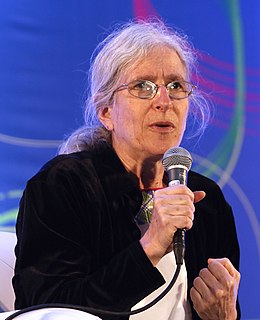A Quote by William L. Swing
We cannot and should not stop people from migration. We have to give them a better life at home. Migration is a process, not a problem.
Related Quotes
At the beginning of the 20th century, before the migration began, 90 percent of all African-Americans were living in the South. By the end of the Great Migration, nearly half of them were living outside the South in the great cities of the North and West. So when this migration began, you had a really small number of people who were living in the North and they were surviving as porters or domestics or preachers - some had risen to levels of professional jobs - but they were, in some ways, protected because they were so small.
Not a physical migration, but a cultural, psychological, philosophical migration back to Africa, which means the restoring our common bond will give us the spiritual strength and the incentive to strengthen our political and social and economic position right here in America, and to fight for the things that are ours by right here on this continent.
You have a huge number of people who spend their time writing papers which show that migrants pay more to the country than they take out in benefits, and they say, "Why don't you approve of migration? Why don't you open up borders?" They're not able to empathize with how people feel about migration.
Fortunately, both governments have been in favor of studying the Mexican migration problem in greater depth. For the first time, I think, we will have something scientifically sound that says something about this phenomenon. The study is ongoing, and I hope that, with a push from both of us, it will provide a sound basis for serious public discussion on the migration issue.
Canada is lucky enough to be protected both by oceans and by a southern neighbor that is very careful about its migration and its borders. So, we don't have the irregular flow that Europe has been having to deal with. But because of that, people here have seen that welcoming people, helping them to integrate, is actually a tremendous benefit to local economies. It creates jobs, innovation and opportunity. One of the things that comes with that, though, is stemming the flow of irregular migration. But you can't just create barriers - you also have to work with the countries of origin.
Authorities that erect major obstacles to migration - or place severe restrictions on migrants' work opportunities - inflict needless economic self-harm, as they impose barriers to having their labor needs met in an orderly, legal fashion. Worse still, they unintentionally encourage illegal migration.


































